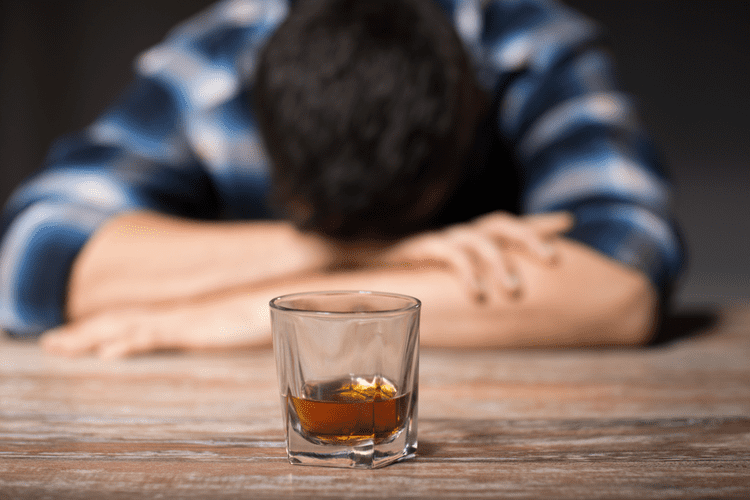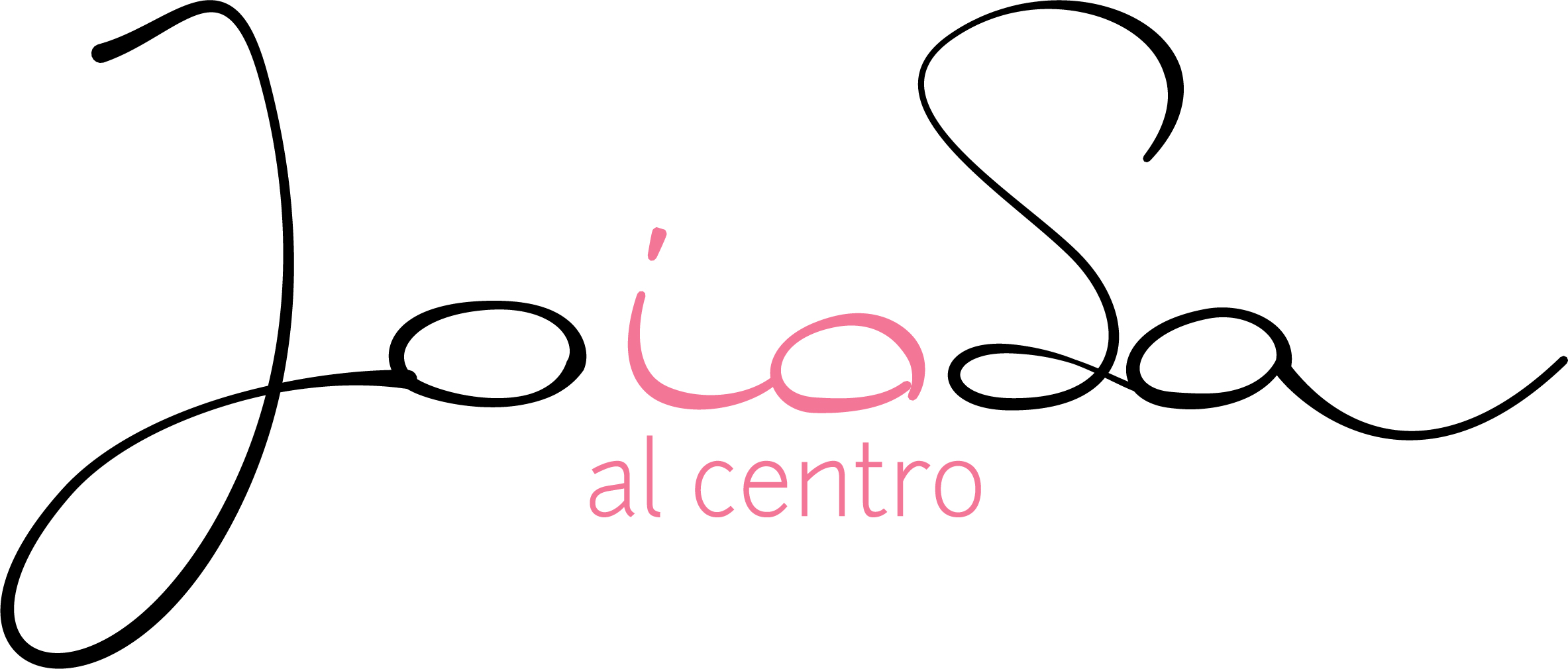- Via Panfilo Castaldi di fronte al civico 35, Milano
- 02 29407503
Stock Broker & Full Service Stock Brokerage Firm in India
11 Novembre 2020Хто Такий Frontend Developer І Що Має Вміти Фронтенд
26 Marzo 2021Should You Go Back To Rehab After a Relapse? Woburn MA Drug Rehab
Content
Anyone who experiences a relapse may benefit from going back to drug rehab. If the relapse resulted in significant drug use, it might help to go through detox again at a facility. The FMLA protections can also help you cope once you return to the workplace after rehab.
- To speak with one of our rehab admissions navigators about returning to rehab.
- At Eudaimonia, our caring staff is here to support and guide you.
- Having one or more co-occurring mental health disorders, especially if they were not adequately addressed during treatment.
- This stage begins when a person starts actively taking steps to acquire drugs or alcohol like calling a dealer or driving to a liquor store.
- But no one is perfect, and a sign that you have grown and learned in recovery is that you are willing to admit when you need help again because you want to stay sober.
Get professional help from an online addiction and mental health counselor from BetterHelp. Going to rehab a second time is more than OK — it is often needed. That next stay can be exactly what you need to start your lifelong journey of sustained sobriety. You will address different issues in treatment, and your entire rehab experience may feel very different than it did the first time. Other mental health disorders must be addressed simultaneously. In 2012, a report was published that concluded that the majority of people who needed rehab did not get evidence-based treatment, and this is a problem. The core of your rehab program should be research-based treatment.
Social Media
The addiction recovery process after a relapse might be easier than early recovery. Withdrawal symptoms from substance or alcohol abuse can vary. Your detox after relapse depends on how long your relapse has occurred and how much you used. Addiction recovery means that you take things one day at a time. When you find yourself avoiding problems, or you stop doing healthy self-care activities, you might be on your way to a relapse. You might believe that relapse is a return to the same addictive behaviors that you have faced before. For example, if you had an addiction to opioids, a relapse is a return to using those same drugs.
- Alcohol Alcohol use disorder affects millions of people in the United States.
- Call our Orange County inpatient rehab to get back on the road to recovery today.
- By addressing and analyzing these feelings, you will be able to explore new ways to cope with future triggers so you can stay sober.
- If you or a loved one is ready to overcome an alcohol addiction, reach out today.
- You could also be at a higher risk of overdosing if you ever use again.
Rehab facilities can assist with these additional needs of a patient while also treating an AUD. If you have relapsed after treatment, it does not mean you will never find lasting recovery or that it is worthless to try again. Call our Orange County inpatient rehab to get back on the road to recovery today. Having one or more co-occurring mental health disorders, especially if they were not adequately addressed during treatment. Relapsing during the early stages of recovery is common, and many people who do so are able to bounce back and regain control of their sobriety. However, relapsing can be dangerous — once you stop using and lose your tolerance, you’re more likely to experience negative side effects or overdose when you use again. Knowing whether you need to go back to a treatment center depends on whether you’ve had a “slip” or if you have fully relapsed and are using again on a regular basis.
Signs That Going Back To Rehab Is A Good Idea
Treatment providers are available 24/7 to answer your questions about rehab, whether it’s for you or a loved one. Submit your number and receive a free call today from a treatment provider. For those struggling with an alcohol use disorder , relapse is often part of the recovery process. This kind of setback does not signal the end of the road to recovery, even if professional rehabilitation has already been attempted in the past. Because an AUD can frequently require ongoing treatment, choosing to go back to rehab is always an option. If you or a loved one has relapsed, there is help available. Contact a treatment provider today to find available treatment centers.

Reducing relapse to a moral failure does a disservice to yourself and your recovery community. Relapse can be complex, and it is imperative to view your first treatment cycle as the beginning of your journey with addiction. Every treatment cycle after that is a continuation toward recovery. If you find yourself questioning whether you should go back to rehab or not, chances are you do. However, to help you make the decision that’s best for you, let’s look at some of the signs and symptoms that indicate you might need to seek out treatment again. Lastly, if you’re unsure about going back to rehab, an addictions counselor can help you determine if rehab after relapse is right for you.
Will My Baby Be Taken at Birth for My Addiction During Pregnancy?
Are you fully committed to living a life without drugs and alcohol, and, are you fully capable of doing the things you need to do to stay sober? If you aren’t sure, going back to rehab can help change your thinking and help you find the motivation to stay in recovery. Recent research has shown that roughly half of the people who enter a treatment program for drug or alcohol addiction will relapse within less than a year. When patients are admitted to an inpatient withdrawal unit from the emergency department rather than through a planned admission, they are more likely to leave against medical advice. Emergency patients are more likely to be insignificant distress from withdrawal symptoms and thus may feel less motivation or readiness to actively participate in treatment.

A relapse is a far more serious event in which the individual returns to a pattern of drug or alcohol abuse over a period of days or weeks. During a relapse, the person may isolate themselves, skip 12-step meetings and avoid their sponsors. If your relapse was sustained, consult with a medical professional before you attempt to stop taking the drug of abuse. You may experience intense withdrawal symptoms if you are again dependent on substances. Relapse provides an opportunity to analyze your treatment plan and determine what can be strengthened. You will work with health care and addiction treatment professionals to make changes to your initial treatment plan. These changes will better set you up for ongoing sobriety.
Returning to Rehab After Relapse: Does Rehab Work the 2nd time?
The emotional stage of relapse is less conscious and more behavioral. You might experience denial or bottle up your emotions, and you might struggle with eating or sleeping too much or too little. As a result of feeling low, you may isolate, either physically or by not being present or connected with the recovery community. Sometimes, people are so used to life in addiction that they don’t realize that they unconsciously fall back into the same patterns.
Who originally sang the bartender song?
"Bartender Song (Sittin' at a Bar)" is a song by Rehab. It was released in May 2008 as the third single from their fourth album, Graffiti the World (2005). It was the band's first single to chart on the Billboard Hot 100, at #64.
Detoxalone at home is never recommended for those diagnosed with alcohol or substance use disorders. But, as time goes on, you find yourself back to where you were before you started addiction recovery in the first place. The physical stage of relapse is what you might have always defined as a relapse. But, if you understand that relapse can occur in earlier stagesbefore actually drinking or using,you can prevent a physical relapse.
Things To Consider When Going Back To Rehab
Whether rehab is effective depends on several factors, including your specific needs and the structure of the treatment program. If you are transitioning back to work after rehab, it is important to establish any needed accommodations with your employer. You will need to contact human resources regarding the dates you expect to be absent from work for ongoing treatment and any modified work hours you will need. going back to rehab After spending a significant period of time in a recovery program, you must now face the stressors of daily life and juggle the demands that come with work and family. You will also be asked to reflect upon the emotions you felt leading up to, during, and after your relapse. By addressing and analyzing these feelings, you will be able to explore new ways to cope with future triggers so you can stay sober.
- You might lose a loved one, lose your job, go through a breakup, or another life event.
- Or, perhaps you are concerned that the stress of returning to community life will be a trigger for relapse.
- In summary, if you have relapsed after treatment it does not mean you will never find lasting recovery or that it is worthless to try again.
- You might have been sober after treatment for three months before a relapse.
